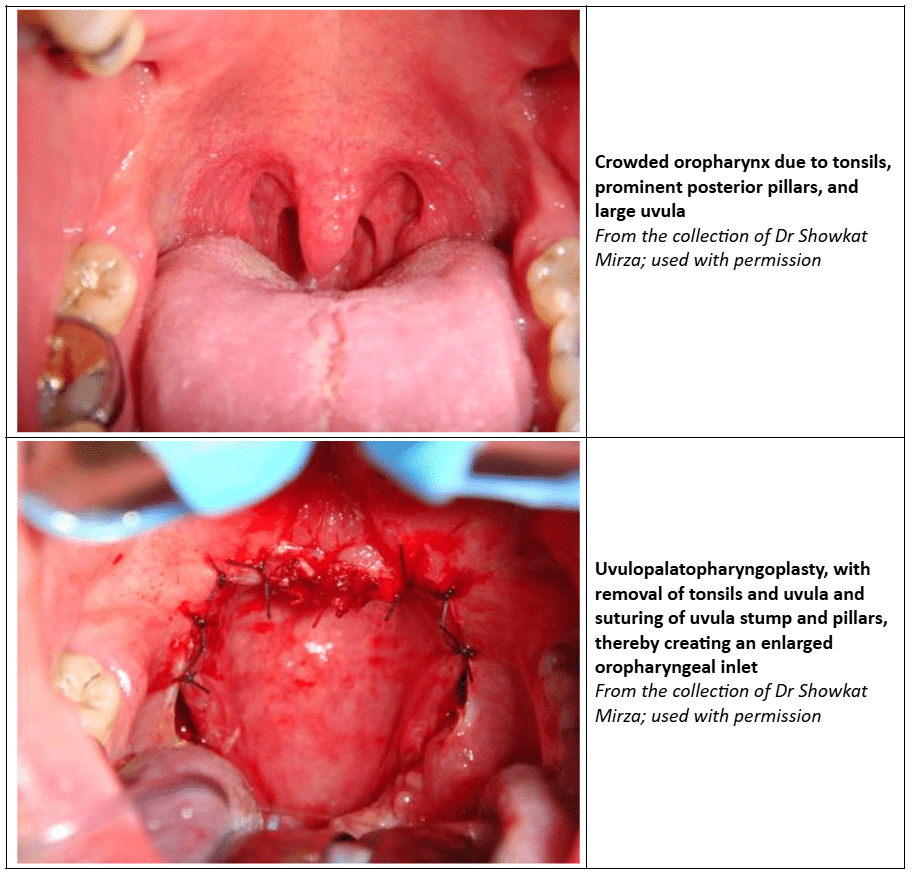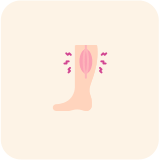Summary
Snoring is a common symptom in children, often caused by temporary airway blockages during sleep. While mild, occasional snoring is typically harmless, persistent snoring could indicate sleep-disordered breathing, including obstructive sleep apnoea (OSA).
- Most common cause: Enlarged tonsils and adenoids (adenotonsillar hypertrophy).
- Other factors: Obesity, nasal congestion, allergies, or structural issues (e.g., small jaw or large tongue).
- When to be concerned: If snoring is loud, frequent, or accompanied by pauses in breathing, restless sleep, or daytime tiredness, a specialist evaluation is recommended.
Signs That Require Medical Attention
If your child snores regularly (more than 3 nights per week) and has any of the following, consult a doctor:
- Pauses in breathing during sleep
- Gasping or choking sounds
- Restless sleep or frequent waking
- Daytime fatigue or difficulty concentrating
- Hyperactivity or behavioral issues (often linked to poor sleep)
Management & Treatment
- Mild cases: Lifestyle changes (nasal saline, allergy management, weight loss if applicable).
- If OSA is suspected: Sleep study (polysomnography) may be needed.
- Adenotonsillectomy: Surgery to remove enlarged tonsils/adenoids is often curative in children with sleep-related breathing issues.
- Other treatments: CPAP therapy or orthodontic devices may be needed in some cases.
Key Takeaway
While occasional snoring is normal, persistent snoring with breathing difficulties should be evaluated to ensure your child gets quality sleep for proper growth, development, and well-being.

History and Exam
Key diagnostic factor
- Presence of risk factors
- Noisy breathing during sleep
- Apnoeas
- Choking or gasping
Other diagnostic factors
- Waking up tired
- Daytime somnolence
- Hyperactivity
- Behavioural problems
Risk factors
- Increasing age
- Male sex
- Obesity (BMI >30)
- Caranio-facial abnormalities
Diagnostic Investigations
1st investigations to order
- Nasal decongestant test
- Epworth sleepiness score (ESS)
Investigations to consider
- Snoring scale score
- TFTs
- Growth hormone level
- Skin-prick tests/serum allergen-specific IgE tests
Emerging tests
- Head and neck 3- dimensional CT
- Head and neck MRI


